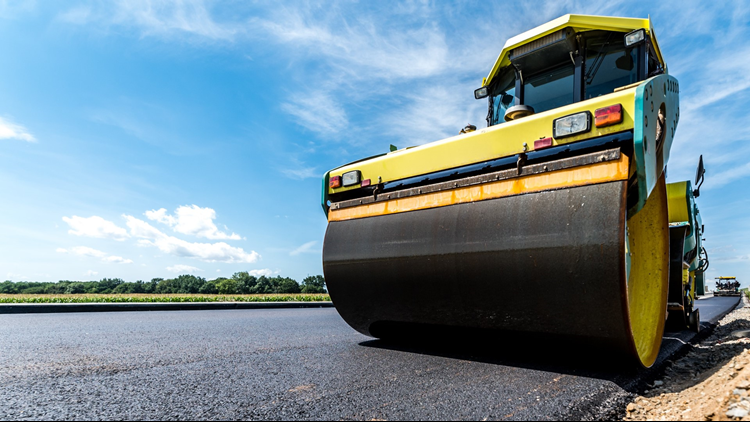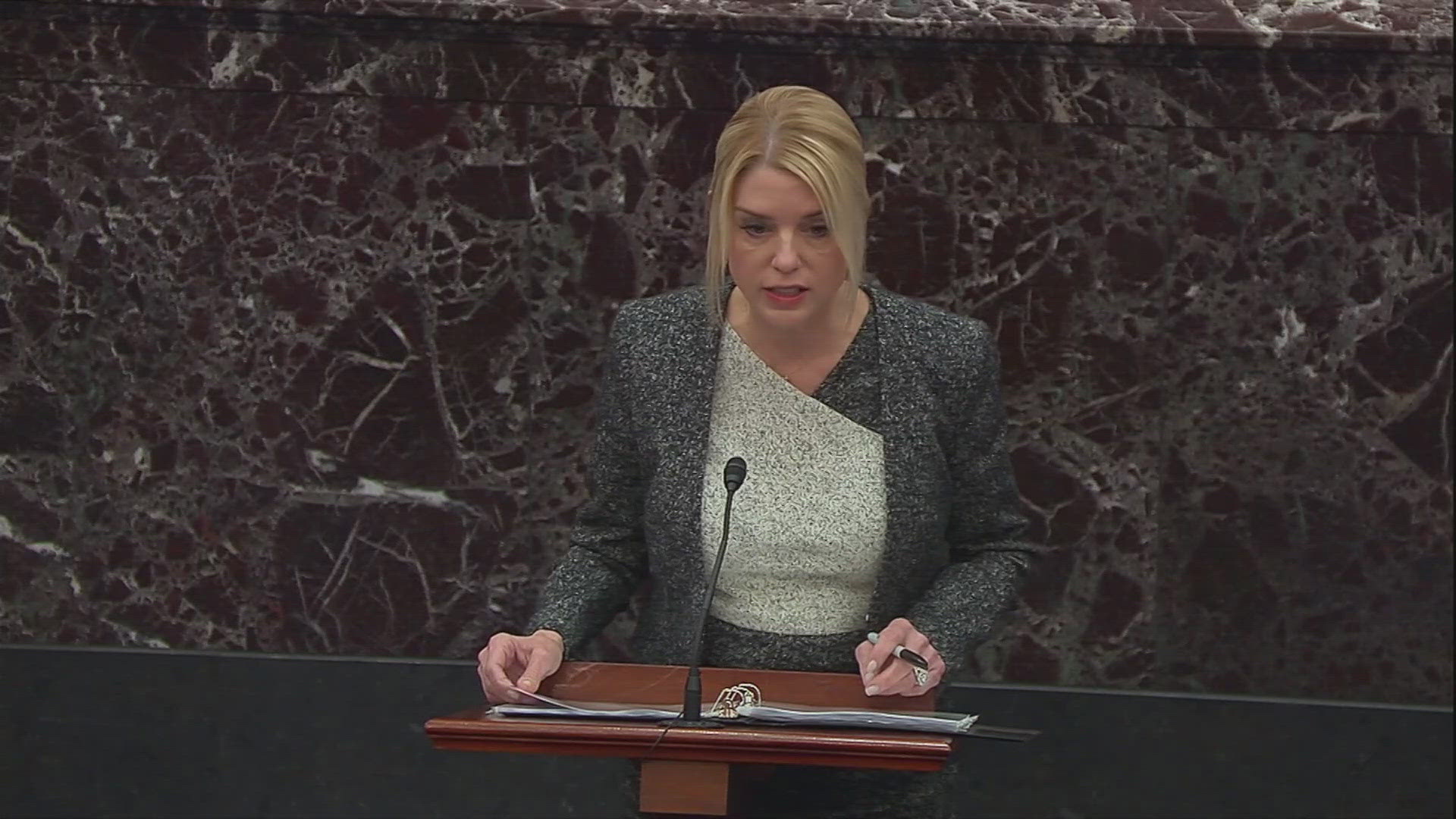Democrats in the Colorado House want to make major changes to a transportation bill the Senate unanimously passed with about a week left in the session.
“We felt that Senate Bill 1, as it currently is, is like buying a new house without getting a new job first so you can afford it,” Rep. Faith Winter (D-Thornton) said.
The bill passed the Senate would ask Colorado voters to borrow $3.5 billion to do things like build bridges, repair roads and expand mass transit. The legislature would be on the hook to pay $250 million a year. If voters didn’t go for the bond measure, $250 million would go to the state highway fund for road maintenance.
It was a hard-fought compromise that took weeks to work out in the Senate and included waiting until November 2019 to ask voters about what they thought about borrowing billions.
Winter's amendment, which she plans to formally introduce at the House Transportation and Energy Committee meeting Wednesday, would remove that bonding and replace it with $1.3 billion over the next six years.($495 million next year and $166 million each of the following five years.)
Why make such a substantial change with a week left in the legislative session?
“Since the introduction of Senate Bill 1 we have heard from both K-12 and higher education serious concerns with how it’s drafted,” Winter said.
A bond is a bill the legislature has to pay in good economic times and bad ones. Winter’s amendment, however, makes the money contingent on something called the budget stabilization factor. Basically, it means lawmakers can choose not to spend that money on roads and bridges if the economy slows.
“School funding needs to be a priority, and we cannot jeopardize the success of our Colorado students in the future by going too far in one particular direction,” House Speaker Crisanta Duran (D-Denver) said. “That’s why this is a balanced approach and we support it.”
But Republicans aren’t sure they like the proposed changes.
“The problem with that is that we can’t guarantee next year there won’t be a different priority with a different legislature,” Sen. John Cooke (R-Greeley) said. “That’s why, with the bonding, it is firm and it’s set and we have to pay that $250 million to pay off the bonds.”
Colorado’s Department of Transportation estimates the state’s infrastructure needs at $9 billion over the next decade – a dollar amount that both proposals fall short of reaching.
Several groups, including the Denver Metro Chamber, are floating ballot measures to cover the difference. One proposal would raise the state sales tax by a few cents.
Mizraim Cordero, vice president for government affairs for the chamber, told reporters Tuesday that the group still plans to wait and see what comes out of the legislature before it tries to get something on the ballot.
Cooke, Duran and Winter were all cautiously optimistic that the two sides could work out a deal before the session ends.
Cooke said he’s hoping House Democrats might agree to a smaller amount of bonding.
When asked about it Duran said, “Well, I think we will continue the conversation. I think this is a reasonable approach.”



